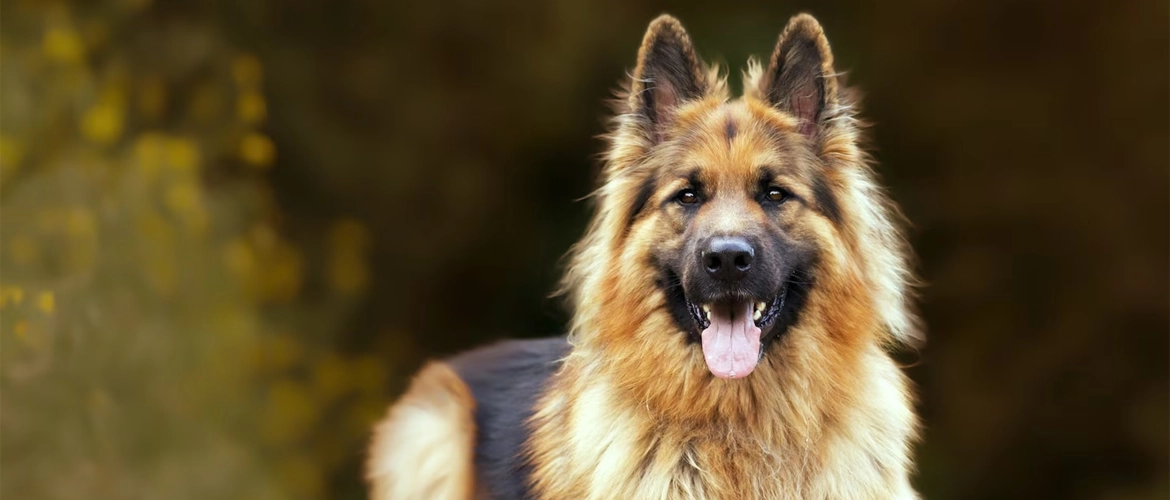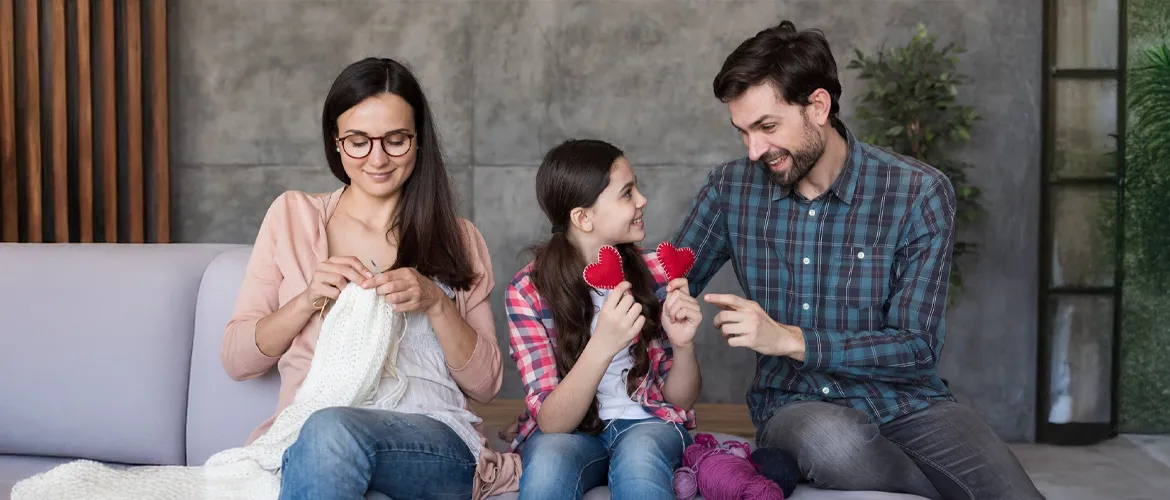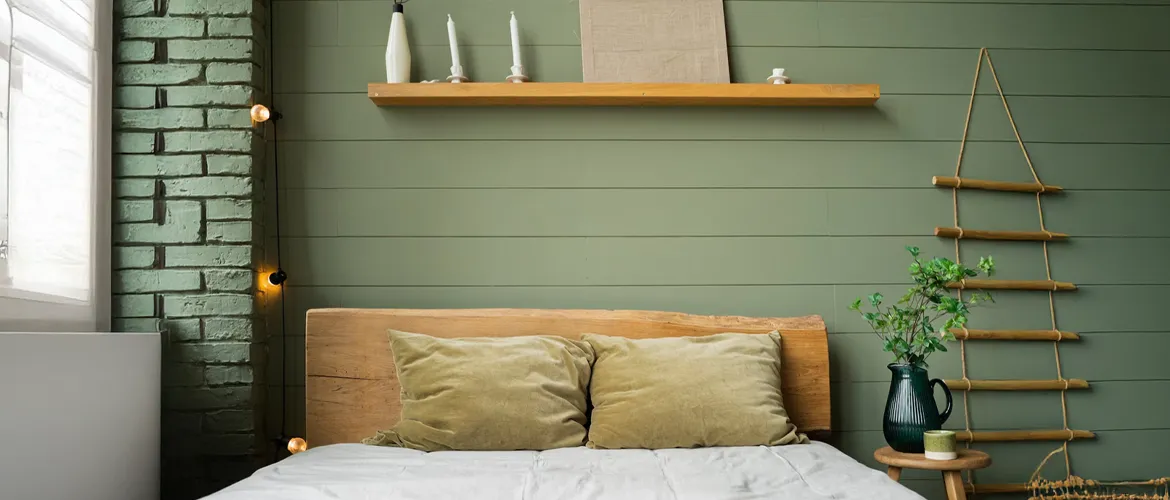So you’re thinking about getting a guard dog. Maybe you've seen one in action, maybe a friend swears by theirs, or maybe you’ve just realized that your “security system” is really just a Ring camera and a very judgmental cat. Either way—good call doing your research first.
Let’s talk honestly about guard dogs: what they’re great at, what people don’t tell you, and how to know if they're the right match for your home, lifestyle, and family.
First Things First: Do You Really Need a Guard Dog?
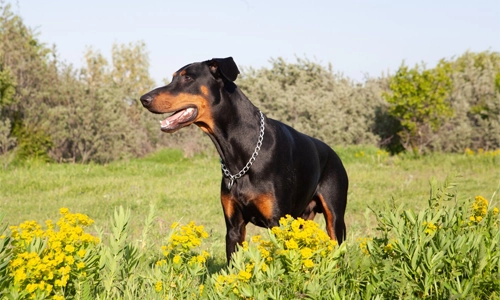
Before jumping into breeds and training, ask yourself this:
- Are you looking for protection or just peace of mind?
- Do you want a dog that’s alert and watchful, or one that’s intimidating enough to scare intruders away?
- Is everyone in the house comfortable around large, assertive dogs?
- Do you have time to train and socialize a dog properly?
Guard dogs are not just “big pets who bark a lot.” They’re emotionally intelligent, highly loyal, and need structure. Think less “security alarm” and more “furry employee with serious responsibilities.”
Not All Big Dogs Are Guard Dogs
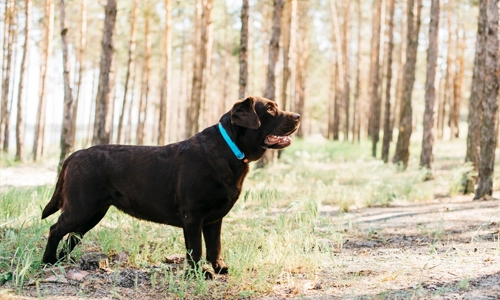
Let’s clear this up right away: Just because a dog weighs 100 pounds doesn’t mean it’s going to protect you. Some large breeds are built for snuggles, not security.
Breeds typically known as guard dogs include:
- German Shepherds
- Doberman Pinschers
- Rottweilers
- Bullmastiffs
- Belgian Malinois
- Giant Schnauzers
- Akitas
These breeds are naturally alert, confident, and loyal. But they also require training, socialization, exercise, and consistency. A guard dog that isn’t properly trained can become anxious, reactive, or even dangerous—none of which you want in a family home.
What Living With a Guard Dog Is Really Like

Let’s get real—owning a guard dog is a commitment.
- You’ll feel safe
- You’ll have a built-in alarm system
- You’ll gain a loyal companion who takes their “job” seriously
But…
- You may also have to deal with territorial behavior
- They might not be instantly friendly with strangers
- You can’t skip training or ignore behavior issues
If you're picturing a dog that’s sweet to guests, patient with kids, and ferocious toward intruders… that only happens with proper training + social rules + early socialization.
Should a Family with Kids Get a Guard Dog?

Short answer: Yes, but only if you're ready to do the work.
Guard dogs can be extremely loving and protective toward children, but you can’t rely on instincts alone. You need:
- House rules
- Routine exposure to friendly visitors
- Positive reinforcement training
- A dog that comes from a reputable breeder or rescue—not impulsive adoption
If you don’t have time for training a dog, a different kind (or a smart home security upgrade) might be a better idea.
Guard Dog vs Watchdog: What’s the Difference?
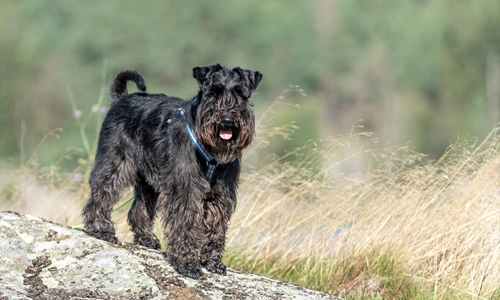
A lot of people mix these up, so let’s simplify:
| Type | What They Do | Good For |
| Watchdog | Barks to alert you | Apartments, families, smaller breeds |
| Guard Dog | Protects + alerts + confronts a threat | Homes with space, security needs, owners with training time |
A Chihuahua can be an amazing watchdog. A Rottweiler? Definitely not just that.
Questions to Ask Yourself Before Getting One
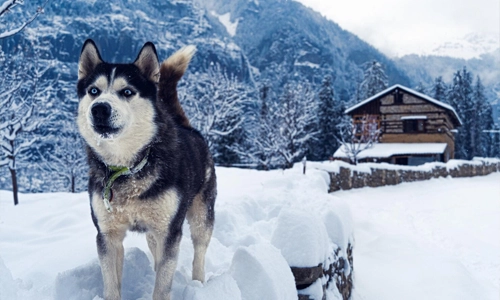
- Would a security camera system + a smaller dog work just as well?
- Can I commit to daily exercise and mental stimulation?
- Am I okay owning a dog that may intimidate visitors?
- Do I have access to a good trainer or behavioral specialist?
- Will the dog be inside with the family or living outdoors?
If you hesitated more than once, bookmark this and think it over. Guard dogs are amazing—but they’re not a quick fix for safety.
FAQs About Guard Dogs
1: Do guard dogs have to be aggressive?
No. Properly trained guard dogs are calm, confident, and controlled. Aggression usually comes from lack of structure or training.
2: Can a rescue dog be trained as a guard dog?
Sometimes, but only if the dog has the temperament for it. You can’t “teach” instincts into a dog that doesn’t have them.
3: Can small dogs be guard dogs?
Not really—but they can be great watchdogs. Small dogs are often louder and more alert than big breeds!
4: What age should training start?
Ideally at 8–12 weeks. Early socialization decides how balanced the dog will be as an adult.
5: Are guard dogs legal everywhere?
Yes, but some breeds are restricted in certain cities or apartment complexes. Always check your local rules before getting one.
If you want a loyal companion that doubles as a natural protector, guard dogs can be incredible additions to your home. But they’re not “buy and forget” security—they need time, training, structure, and a confident owner.
If your home is ready for that? Then yes—your future four-legged bodyguard might just be out there waiting.
Thinking about getting one?
Start by researching breeds, talking to trainers, and being honest about your lifestyle. The right dog won’t just protect your home—they’ll become a part of your family.

